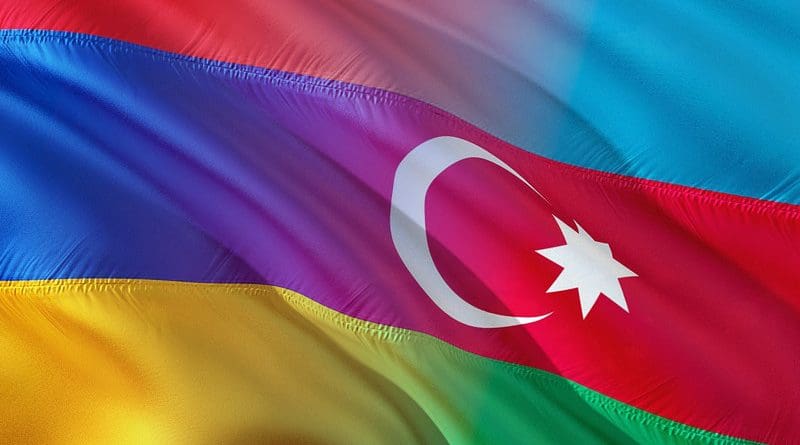Turning Point In South Caucasus: Border Guards Replace Military Units Along Newly Delimited Portion Of Armenian-Azerbaijani Border – OpEd
By Paul Goble
In April, Yerevan and Baku agreed on the delimitation of the Armenian-Azerbaijan border in the north the return to Azerbaijan of four villages to Azerbaijani control, an action that sparked protests not only there but in Yerevan and other Armenian cities (jamestown.org/program/armenian-protests-over-return-of-four-villages-to-azerbaijan-threaten-peace-process/).
That led Yerevan to request and Moscow to agree to pull its so-called “peacekeepers” from the region, something the Russian government did as part of its withdrawal of these units from within Azerbaijan now that Baku has established full control over that region (windowoneurasia2.blogspot.com/2024/05/russia-has-removed-its-guards-from.html).
But now, Yerevan and Baku have taken the next and most critical step: they have replaced the military units that had been along the pre-agreement line with border guards along the newly established state border between them, a major step forward in the delimitation and demarcation of the border and toward a genuine peace treaty (kavkaz-uzel.eu/articles/400277).
Protests may continue or even expand among Armenians who believe that any territorial concessions to Azerbaijan are an existential threat to the survival of Armenia. But the fact that the government of Nikol Pashinyan has weathered these protests and taken this step toward the creation of a genuine peacetime border is impressive.
A great deal of work nonetheless needs to be done to make this a border of peace rather than a line separating two armed nations. Armenia will have to build new roads to allow those living along the border the ability to move about freely, and Azerbaijan will have to avoid any actions in the areas it has regained control of that will feed Armenian fears.
But what has happened is a signal victory for Pashinyan’s policies and for peace in the south Caucasus and deserves to be celebrated as such even though there will be those both in his country and in Moscow who will undoubtedly continue to fan the flames of conflict as further delimitation talks between Yerevan and Baku proceed.

